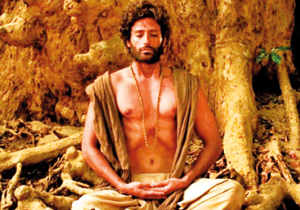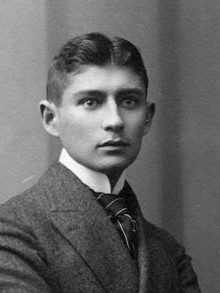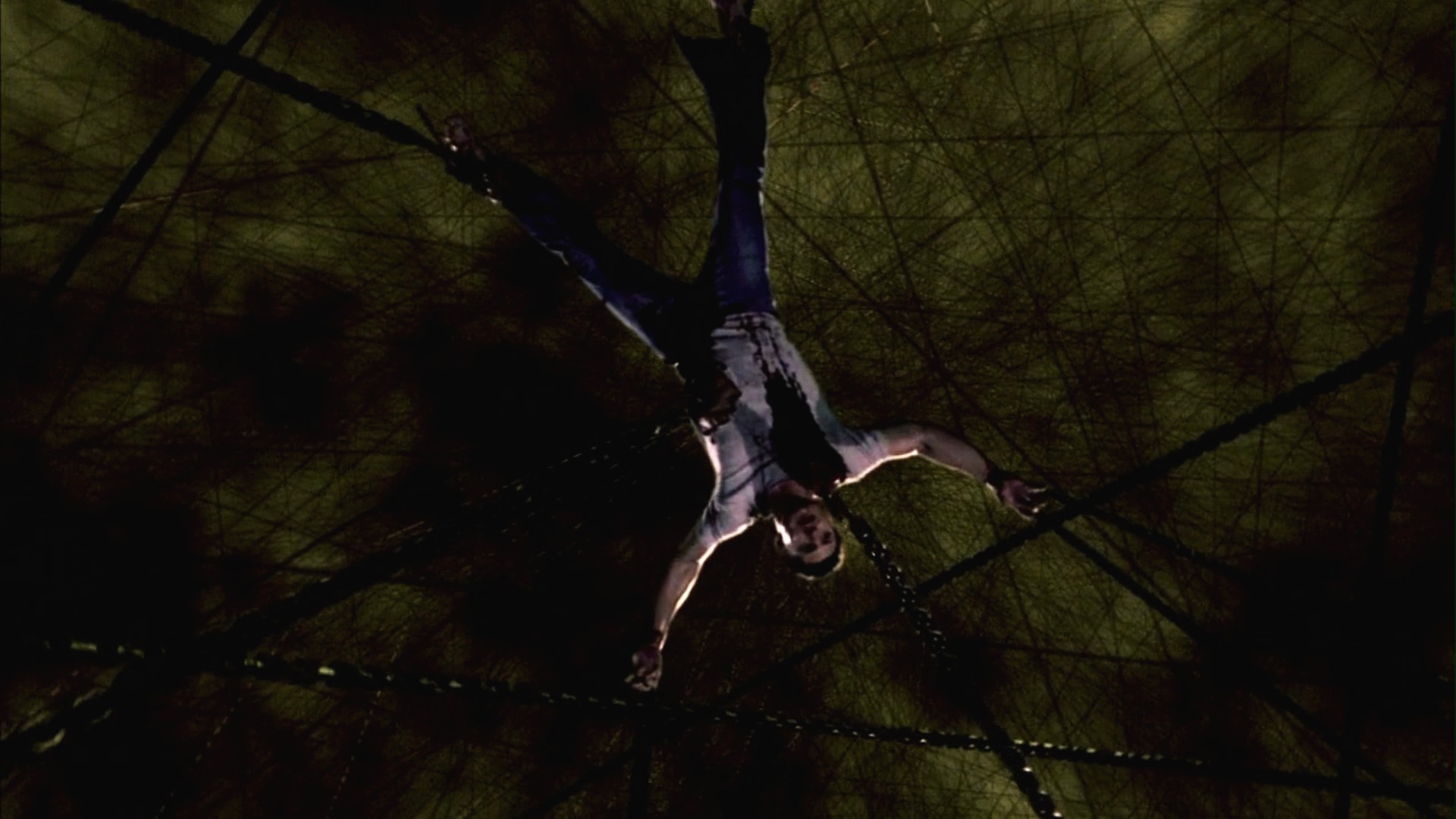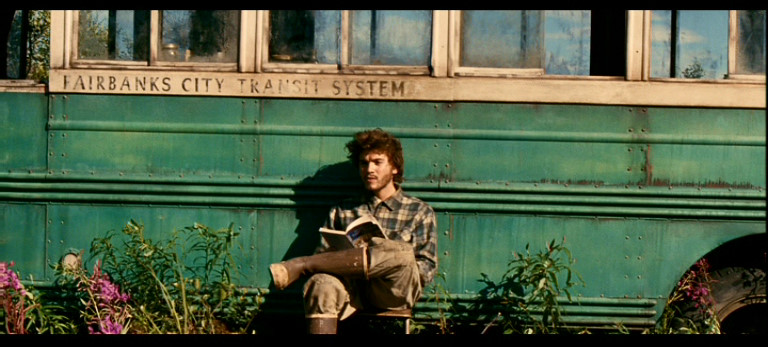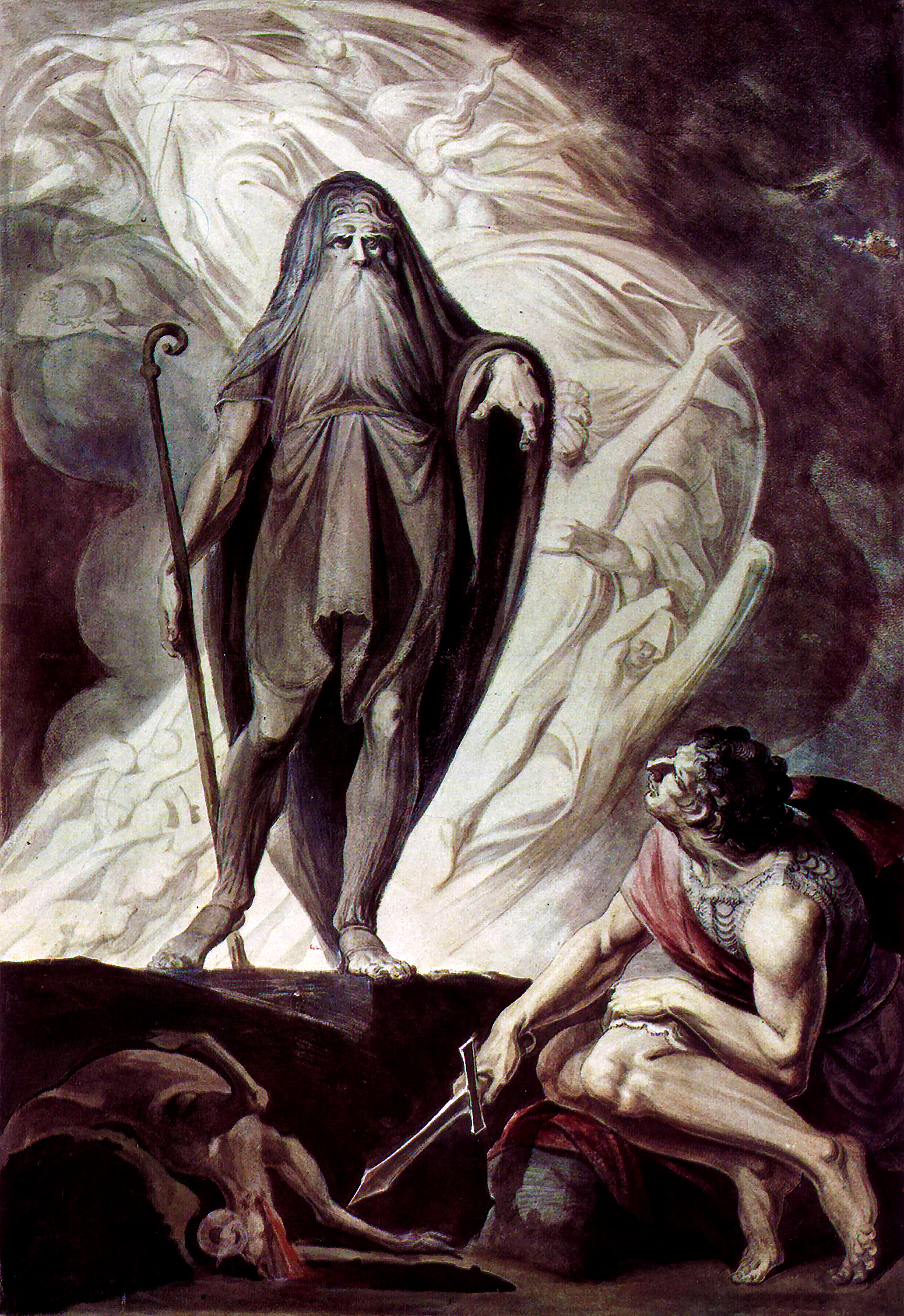Natalie Witherell
P-1 Adv. World & Comp.
Siddhartha Final
The book Siddhartha, by Hermann Hesse has a very close relation to Joseph Campbell’s Hero’s Journey. Siddhartha goes through a life long journey that starts in his youth and ends when he dies. In Hero’s Journey, the hero’s cycle begins with the ordinary world and ends with the return. In Siddhartha’s case, he starts his ordinary world is his youth and his return is his death. “There is no validity except the one contained within us. Thats why so many people live an unreal life. They take images outside them for reality and never allow the world within them to assert itself.” (Hermann Hesse). Siddhartha started his life by taking control over what he wanted. It worked for a few years, then society got to his head until he left it all behind. He ended his life being what he wanted to be and the wisest he could be. Everything Siddhartha does is related to the heroic journey cycle. From his beginning to his end.
According to Joseph Campbell’s Hero’s Journey, Siddhartha is taken on an elaborate adventure that lasts his whole life. It starts off when he was in his Youth. Siddhartha lived in his ‘Ordinary World’ at the place where his father resided. “In the shade of the house, in the sunlight of the riverbank where the boats were moored, in the shade of the sal wood and the shade of the fig tree, Siddhartha grew up, with Brahmin’s handsome son, the young falcon, together with his friend Govinda, the son of a Brahmin.” (Hesse, 3). Siddhartha had spent his whole life here and now, in his early twenties, he wished to flee from the nest. Siddhartha was an attractive young man who grew up besides his companion Govinda, the two boys had grown up learning the ways of the Brahmin. Siddartha brought everyone in his village joy, but he felt little joy himself. Siddhartha started to get troubled by restless dreams and began to wonder if he had all there is to learn from his father and teachers. “He had begun to suspect that his venerable father and his other teachers, all wise Brahmins, had already given him the richest and best part of their wisdom, had already poured their plenty into his waiting vessel, yet the vessel was not full: His mind was not content, his soul not at peace, his heart restless.” (Hesse, 5). Siddhartha was dissatisfied with the Brahmans despite their knowledge, the Brahmins are seekers still, performing the same exercises again and again in order to reach their goal‹ of Nirvana. It is Siddhartha's search for this new path that leads him to the Samanas. A Samana is one who lives a life of piety and self-denial, free of possessions and desires. Siddhartha's search for a new path is his Call to Adventure. “...Now it is beginning, now Siddhartha is on his way, now his destiny is beginning to bud and, along with mine as well. And he turned as pale as a dried-out banana peel.” (Hesse, 8). Siddhartha told Govinda about his plan first, which made Govinda think about what he was going to do with his life. When Siddhartha announced his intention to his father to join the Samanas, he became very upset and forbad Siddhartha's wishes to join the Samanas. In respectful defiance, Siddhartha did not move. His frustrated father left the room, and hours at a time, he glanced out his window to find Siddhartha still standing motionless. “ He looked through the small window of the room and saw Siddhartha standing there, his arms crossed unmoving. The light cloth of his tunic was shimmering pale. His heart full of disquiet, the father went back to bed.” (Hesse, 9). When the night finally passed, Siddhartha’s father returned to his son. He realized that Siddhartha’s body remained present, but his mind had already departed. Siddhartha’s father let him leave and became a Samana and if he should ever leave the Samanas, he wass welcome back too. On Siddharth’s way out of the city, Govinda stood waiting for him. When Siddhartha was a Samana, he had learned the art of patience, waiting, and listening. Three years after joining the Samanas, Siddhartha and Govinda heard intriguing rumors of a great man, Gautama, the Buddha, who, had attained enlightenment, taught others the way to peace. Siddhartha and Govinda travel to Savathi, where they discovered the Buddha was staying in Jetavana, in the garden of Anathapindika. Arriving in Jetavana, Siddhartha recognized the Buddha immediately despite his nondescript dress. “Siddhartha recognized him at once, as if a god had pointed him out: a simple man in a yellow cowl, walking quietly, alms bowl in his hand.” (Hesse, 25). Siddhartha is not terribly interested in what the Buddha had to say, he was completely taken with the Buddha's demeanor. After the two men hear the Buddha’s sermon, Govina decided to join him and become a monk. Siddhartha gave him his consent but did not wish to join him. When Siddhartha was leaving the city, he ran into the Buddha. He refused his call and disagreed with the Buddha on his doctrine. Siddhartha, afraid that he had offended the Buddha, repeated his confidence in the Buddha's holiness. Siddhartha expressed his doubt that any teaching can ever provide the learner with the experience of Nirvana. And while Gotama's path may be appropriate for some, Siddhartha said that he must take his own path. The Buddha admonished Siddhartha to beware his own cleverness then wished him well on his path.
Along on his journey, Siddhartha came to a river. He asked the poor ferryman to ferry him across the river. Little did he know that this man was his mentor in the years to come. Half way across the river, Siddhartha told the man that he had no money or any collateral to give the man in exchange for the trip across the river. “‘This too I have learned from the river: Everything comes back again! You too, Samana, will come back again. And now farewell! May your friendship be my wages. May you remember me when you are sacrificing to the gods.’”(Hesse, 44). Siddhartha departed the man thinking only of his kindness and wisdom. Siddhartha had kept what the man had told him in his thoughts when he came to his next step, crossing the threshold. Siddhartha came across a beautiful garden next to a city. Within the garden was a beautiful woman sitting upon a sedan chair whose name was Kamala. “....learned that this was the grove of Kamala, the famous courtesan, and learned that in addition to the grove she owned a house in town.”(Hesse, 47). Siddhartha had befriended the barber’s assistant and he had his beard and long hair removed showing the world his youthful face. The next day, Siddhartha had one of Kamala’s servants send her a message that a young Brahmin was waiting to speak with her. The servant took Siddhartha to Kamala and she instantly notices him. “‘But did you not have a beard yesterday, and long hair, and dust in your hair?’” (Hesse, 47). Siddhartha was giving up his hair to impress her, he was giving up his past with the Samanas. Kamala told Siddhartha that they could never be anything until he had money and expensive clothing. Siddhartha went to the Kamaswami who instantly made Siddhartha a merchant when he found out that he could read. While being a merchant, Siddhartha had his hand full of tests, allies, and enemies. “Never did Siddhartha have a willing ear for Kamaswami’s worries, and Kamaswami’s worries were many.” (Hesse, 60). Siddhartha used his acts of waiting, being patient and listening to help him throughout his merchant duties. Although Siddhartha is successful as a merchant, he shows little enthusiasm for business or anything else except for being with Kamala. This lack of enthusiasm stems from a realization Siddhartha has about his relations with other people. He possesses a distance from his emotions and behaviors that ordinary people do not have. This distance indicates that his Self is not really participating in his daily activities. The only aspect of his life in which he felt truly involved was Kamala, who he admitted knew him better than anyone ever had.
The more time Siddhartha spent in the town, the more distracted he became from his quest. Siddhartha Approached his downfall. He had fallen to the sins of the city life and had forgotten all that he learned from the Samanas. Siddhartha started to feel empty and Kamala could see it. “ Siddhartha had spent the night in his home with dancing girls and wine, had made a show of superiority before others of his standing, though he was no longer superior…” (Hesse, 69). Siddhartha went to bed drunk and close to tears. He spent nights at a time doing this, unhappy of what he had become. “Siddhartha realized that the game was over; he could no longer play it.” (Hesse, 71). Siddhartha left the town and told no one, not even the pregnant Kamala, of his future destination. Siddhartha walked into the forest that was near the city, knowing he could never return, and continued to walked until he reached a river. Siddhartha came along a palm tree, Siddhartha wrapped his arms around the tree and started to climb. He wanted to leap from the tree and let the water take him away. “This was the Great purging he had longed for: death, the smashing of the form he so despised!” (Hesse, 74). Siddhartha longed for his life to be over! He longed to be in the Abyss he felt in his heart. Siddhartha sunk to the bottom of the tree trunk, and said a word he had not spoken for many years, Om. The moment the sound of the Om hit his ears, his spirit awoke and recognized the foolishness in his actions. Siddhartha, deeply shaken, laid his head his head upon the roots of the tree and fell asleep. When he awoke, he was rewarded with the sight of an old friend. Govinda laid across from Siddhartha, sleeping. “‘You were asleep,’ Govinda replied. ‘It is not good to sleep in such places where there are often snakes and the creatures of the forest have their paths.” (Hesse, 77). Siddhartha was excited to finally see his friend, when it was time for Govinda to leave, Siddhartha said, “Farewell, Govinda.” Govinda stopped in his tracks and turned around asking how this stranger knew his name. Govinda learned that this strange man in expensive clothing was his long lost friend, Siddhartha. Govinda left to catch up with the monk, and Siddhartha’s spirit was wide awake. “...the greedy Siddartha, could die. He had died, and a new Siddhartha had awoken from sleep.” (Hesse, 83). Govinda reminded him how to love, now he was happy and free like a child, and had a great capacity to love. He was now ready to complete his life's journey.
Siddhartha did not return to the city, he followed the river until he came across the ferryman’s dock. He asked the ferryman to take him across the river, almost like a Road Back to when he stayed there the first time over twenty years ago. Half way across the river, Siddhartha offers up his clothing for payment for the ferry across the river. The Ferryman, thinking this is strange, asked is Siddhartha wanted to continue without any clothes. “... what I would like Best would be not to continue at all. What I would like best, ferryman, is if you were to give me an old loincloth to wear and keep me on as your assistant, or rather your apprentice, for I would first have to learn how to handle the boat.’” (Hesse, 87). The Ferryman searched Siddhartha’s face, he recognized who he was, but not his name, only that he had come across the river over twenty years ago and was a Samana. Siddhartha introduced himself and he was welcomed by the Ferryman, Vasudeva. Twelve years passed and one day the two ferrymen heard that the Buddha is dying. Kamala, on hearing the news as well, travels with her son to be near Gautama as he passed into eternity. As she sat down to rest in the forest, she was bitten by a snake. She cried for help, and the nearby Vasuveda comes to her aid. The old ferryman took her back to his hut where Siddhartha immediately recognized her. “Then he saw Kamala, whom he recognized at once, though she lay unconscious in the arms of the ferryman, and now he knew it was his own son whose face has so stuck him, and his heart stirred in his breast.” (Hesse, 94). The dying Kamala introduced Siddhartha to his son. Siddhartha recognized that he had finally found the peace he sought for so long, and Kamala died. Vasuveda and Siddhartha make her funeral pyre where Vasudeva's wife pyre was, as the young boy sleeps. After Kamala’s death, Siddhartha kept his son with him by the river. The boy, though, refused to accept Siddhartha as his father and consequently did nothing he is told. Many months passed, but the boy remains intransigent. Vasuveda advised Siddhartha to let the boy leave and rejoin the life of which his mother's death deprived him. Siddhartha agreed in theory, but he could not let his son go. He loved the boy as he had loved no other and wanted to save him the misery of his own follies in the town. Siddhartha began to feel that this experience with his son had awakened new emotions in him. Eventually, the boy ran away and Siddhartha became very distraught. Vasuveda told Siddhartha to let him go, but Siddhartha followed him. Upon reaching the town, Siddhartha recalled his own experience there and admit to himself what he known all along, that he cannot stop the boy from living his own life. Siddhartha felt a great sorrow at this loss, and a wound opened wide. The happiness he had known as a Ferryman had left him. He sat down and waited for his suffering to cease, murmuring "Om" to himself to counteract the pain. Vasuveda arrived and led the despondent Siddhartha back to the river. The pain of losing his son is long-lasting for Siddhartha. It enabled him, to identify with ordinary people more than ever before. “ How simple his thoughts had now become, how lacking in understanding. That’s how greatly he had come to resemble the child people.” (Hesse, 108). Though his sorrow allowed Siddhartha to begin to understand what wisdom really was, the thought of his son has not yet left him. One day his pain became too much and Siddhartha set off in a desperate search of his son, but stopped as he heard the river laughing at him. He looked into the river, saw his own father whom he had left, and turned back. Siddhartha Returned to his hut, he told Vasuveda all of what had happened, but as he does, Siddhartha noticed a remarkable change in the old man. Vasuveda led Siddhartha back to the river, and implored him to listen deeply. At first Siddhartha heard only the voices of sorrow, but these voices were soon joined by voices of joy, and at last all the voices were subsumed under the great sound of "Om." Realizing the unity of these voices, Siddhartha's pain faded away, and his wound healed. “His smile gleamed as he regarded his friend, and now Siddhartha’s face too gleamed brightly with this same smile.” (Hesse, 114). He has at last found salvation, his Resurrection. Vasuveda recognized his friend's achievement, he departed into the woods to die, thereby joining the unity he had helped Siddhartha find at last. Years passed after Vasudeva’s death and news gets around about a wise ferryman. Still restless and unsatisfied after all his years of searching, Govinda goes to speak to the Ferryman reputed to be a sage. The Ferryman, Siddhartha, recognizes Govinda immediately, though Govinda does not recognize him. Govinda tells Siddhartha about his inability to find what he has so long sought. Siddhartha tells Govinda that he does not find because he pays too much attention to the search. When Siddhartha finally addressed Govinda by name, Govinda recognized him, and happy to have reunited after so long. Govinda spent the night at Siddhartha's hut. The next day Govinda asked Siddhartha to explain the doctrines by which he lived by. “One can pass on knowledge but not wisdom.” (Hesse, 119). To Siddhartha, words never express the entire truth of anything. The reason for this is that time is not real. Ultimately, expressing love and admiration toward all things is the most important thing in the world. Govinda was confused by most of what Siddhartha said, but he felt certain that his old friend is a holy man. Preparing to leave, Govinda asked Siddhartha for something to help him along his path. Siddhartha told Govinda to kiss his forehead. Doing so caused Govinda to see a continuous stream of different faces in place of Siddhartha's. Siddhartha’s motionless face was in return with the elixir. Siddhartha reached Enlightenment and left Govinda with the knowledge in his heart.
Siddhartha’s life played out like an open book. It started with his ordinary world, then took its twists and turns until it came to his he return. When the hero’s reach their return, they are awaiting their next call. In Siddhartha’s case, his next call is awaiting Nirvana. “There is no thing that could be Nirvana; there is only the word Nirvana.” (Hesse, 122). Siddhartha has reached enlightenment when he died, and Govinda saw this in the way Siddhartha’s motionless face was left smiling. Govinda left Siddhartha with more knowledge and wisdom he ever expected to grasp. He too, was on his way to reach peace and enlightenment. “You do not need to leave your room. Remain sitting at your table and listen. Do not even listen, simply wait, be quiet, still and solitary. The world will freely offer itself to you to be unmasked, it has no chance, it will roll in ecstasy at your feet.” (Hermann Hesse). In the end, though, we should follow Siddhartha's example in determining how much significance to give to the Indian religion/philosophy in Siddhartha: let each come to his or her own conclusion.





